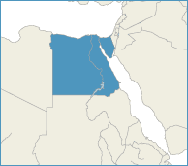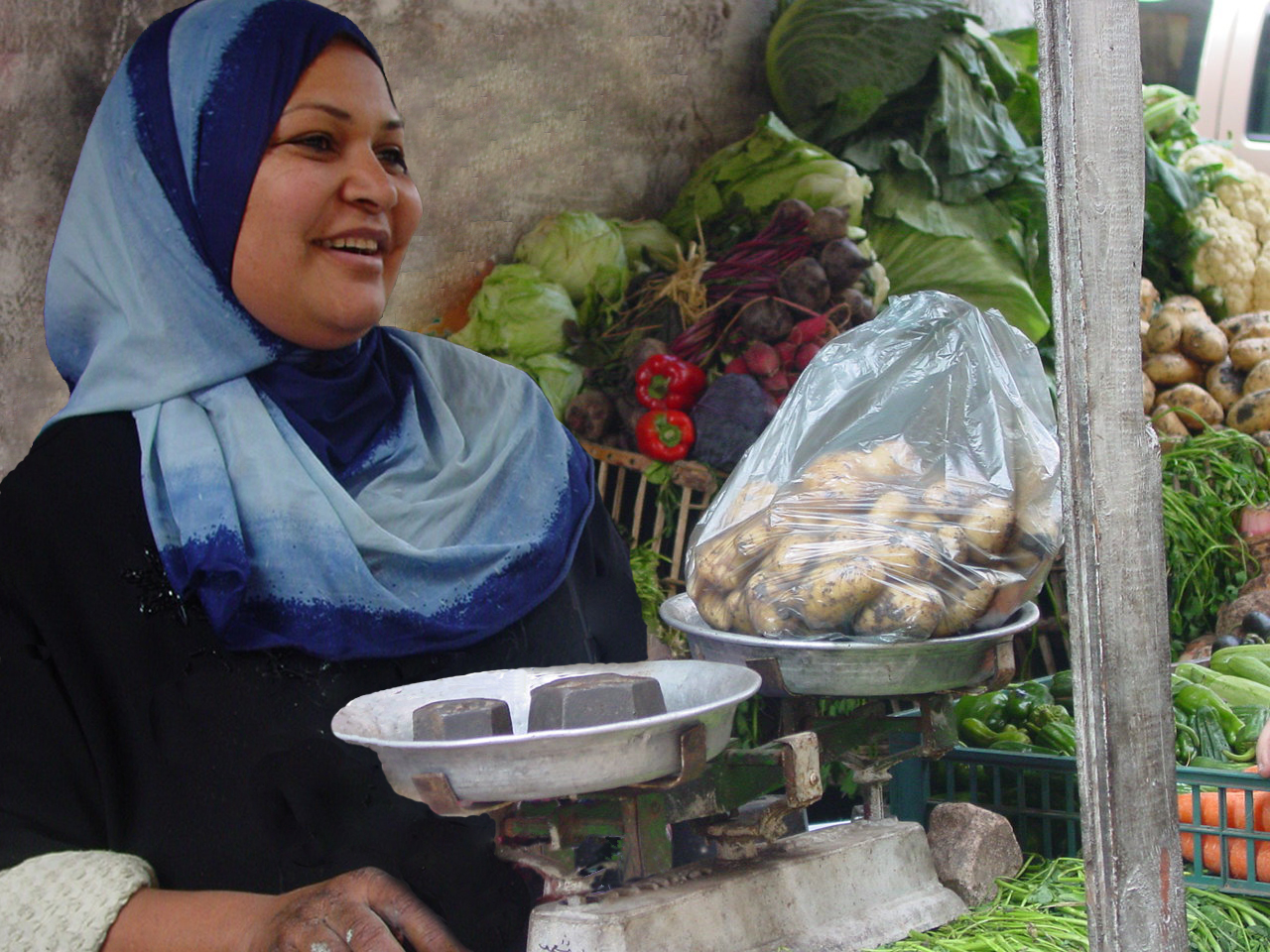 |
|
 |
 |
 |
| USAID Information:
External Links:
|
|
 |
 |
|
 |
 |
|
 |
 |
|
Egypt

SNAPSHOT
Date of independence: 1922
Capital: Cairo
Population: 75.5 million (2007)
Income per person: $1,580 (yr)
Source: World Development Indicators 2007
USAID IN EGYPT
egypt.usaid.gov
CONTACTS
Mission Director
Hilda Arellano
USAID/Cairo
Unit 64902
APO AE 09839-4902
Tel: 202-522-6500
Desk Officer
William Riley
Tel: (202) 712-5815
Email: wriley@usaid.gov
 USAID’s Small and Micro Enterprise (SME) Development program assists in the expansion of the economic output of small and micro enterprises, thereby increasing employment and income opportunities among Egypt’s low-income entrepreneurs. The majority are low-income female heads of households located in economically disadvantaged areas. To date, USAID-supported microfinance institutions in Egypt have cumulatively extended about 4.8 million loans valued at more than $1.45 billion to more than 2 million small and micro entrepreneurs, with a default rate of less than 3 percent. (Photo: D.L. Steele) Overview
For three decades, the United States and Egypt have collaborated closely on economic development and regional stability. Coordination on the Middle East peace process, interest in a strong and open Egyptian economy, and cooperation in countering terrorism are pillars of the two nations' relationship. USAID assistance has totaled $28 billion since 1975. Current programs focus on trade and investment; utilities; education; healthier, planned families; natural resources; and democracy.
Programs
Economic Growth: Enhancing Trade and Investment
Egypt has made significant progress in reducing trade barriers, cutting consumer subsidies, and privatizing state-owned industries. However, as a result of Egypt’s transition from 40 years of central government rule, poverty and inequitable development remain challenges. Over the next five years, USAID will double the number of poor entrepreneurs who receive loans and business training. To boost the economy and create jobs, USAID assistance strengthens financial firms' skills in commercial banking, real estate finance, and insurance. To increase openness to international trade, USAID assistance improves customs regulations and port procedures and strengthens Egypt’s participation in the World Trade Organization and U.S.-Egypt trade programs. USAID also works with farmers to develop associations, improve skills, and expand domestic and international sales. In the information and communication technology field, USAID trains and supports business formation.
Economic Growth: Improving Utility Services
Over the last 30 years, USAID and Egypt have worked together on power, telecommunications, water, and wastewater services. The results are impressive: 99 percent of the population now has electricity in their homes, and 98 percent of the population has access to clean water. In 1975, only one in 100 had access to telephones. Today, there are 31.6 phone lines per 100 people. In addition, the system allows mobile phone and internet businesses to thrive. The current focus is on improving services and increasing private investment. To this end, USAID helps strengthen commercial practices and legal and regulatory frameworks.
Investing In People: Education
USAID assistance supports the Government of Egypt’s efforts to sustain improvements in student learning outcomes by raising the quality of teaching and learning, expanding equitable access to education, and strengthening school management with a focus on primary and preparatory schools in seven governorates. The quality of teaching and learning is improved through in-service teacher training; the provision of school libraries for primary and preparatory schools nationwide; and assistance with information technology. USAID supports equitable access to quality education through school construction and renovation in remote rural and densely populated urban areas; adult literacy; and scholarships for disadvantaged girls. USAID assistance strengthens school management through leadership training for school principals and the training of school boards of trustees. A university scholarship program provides access to the American University in Cairo for qualified graduates from public high schools in all Egyptian governorates.
Investing In People: Health
Health programs focuses on service delivery, systems, and community participation. USAID works to improve family planning, reproductive health, and other maternal and child health care services in Egypt. Programs also focus on controlling infectious diseases, such as HIV/AIDS and avian influenza. To enhance the impact of service delivery efforts, USAID supports health communication and health systems strengthening activities. A key area of support to Egypt's health system addresses workforce planning and capacity building
Investing In People: Managing Natural Resources
USAID’s Livelihood and Income from the Environment (LIFE) program promotes sustainable natural and cultural tourism development along the southern Red Sea coast in order to meet the needs of tourists and local residents while protecting and enhancing economic opportunities for the future. The program is leading pollution cleanup in greater Cairo to improve health and environmental conditions through the remediation of closed lead smelters. USAID also is working to develop local participation in water resource decisions.
Governing Justly and Democratically
USAID programs focus on improving the judicial system, legal education, and access to justice for women and disadvantaged groups. Civil society and local governance initiatives assist grassroots organizations in linking citizens with government and increasing transparency and accountability. USAID also has expanded journalist training to include broadcast media.
Back to Top ^
|




